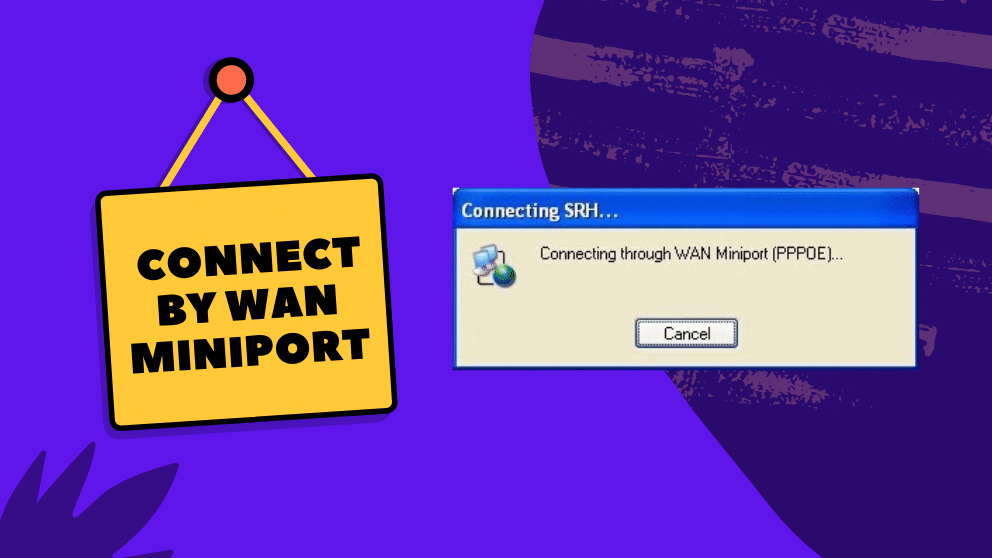All over the world families and businesses made immediate changes to cope with how the pandemic instantly affected the economy and finances. For instance, your credit score may be lower if you maxed out credit cards and overextended your credit utilization ratio. For that reason, people everywhere want to know how to improve their credit scores.
And to recover from the adverse effects of the pandemic, consumers also desire to make a full financial recovery. They can do that by following proven tips to improve their credit scores. Then too, it’s important to know the importance of a credit score, the difference between a bad and good score, and where to go to get a credit score report.
What is a credit score and how do Pakistanis find out theirs?
A personal FICO credit score ranges from 300 – 850 and represents a snapshot of how a person uses credit. The score indicates an individual’s repayment history, total debt, the types of outstanding and paid-off loans, and how long they’ve had a credit history. The score indicates to lenders your creditworthiness, which means how risky it is to loan you money.
It’s important for consumers to monitor their credit scores and review entries on their credit history. Inaccuracies could indicate identity theft or some other error that needs attention. Pakistanis can acquire a credit report from Experian. If you need more information on how to obtain your report, contact the State Bank of Pakistan.
The importance of a credit score
A higher credit score increases a person’s chances of being approved for loans and credit cards. Other benefits include better interest rates and repayment terms, increased likelihood for rental approvals, and reduced or waived security deposits on utilities.
How bad and good credit scores differ
Scores from 300 to 699 range from very poor to fair while good scores fall between 700 to 749 and anything above is considered excellent. Higher scores open financial doors that otherwise remain closed. Better scores enable consumers to purchase homes, buy cars, and pay for goods and services on credit.
Tips to improve your credit score
Consumers use these suggestions to improve their credit scores and increase their chances of making larger purchases. With higher scores, it’s possible to save huge amounts in the interest charged by lenders when repaying long-term loans.
- By paying your bills on time you should start seeing your credit score go up in about six months.
- You should not close credit card accounts when they’re paid in full. By closing them, your credit utilization rate increases because those closed account credit limits are no longer used to lower the rate. This has a negative effect on your credit score making it go down instead of up.
- Don’t take on too much new credit. Opening too many accounts at one time indicates that you might be short on cash which is a red flag on your credit history.
- Work with creditors to reduce debt. The reason? You don’t want creditors to send unpaid debts to a collection agency.
- Make regular deposits to an emergency fund so you have money to use during emergencies and when your cash flow decreases. While you’re saving money, you also increase your net worth by having more assets.
Make financial recovery a reality
Doing nothing to resolve a financial problem is never the answer. Once you obtain a credit report, you’ll know your credit score and whether it needs to increase.
As you discovered, a credit score is a key indicator to lenders whether they loan money to borrowers. So, a higher credit score means you’re in a better position to gain access to borrowed funds. It’s one sure way to get closer to financial freedom and solvency.
Just follow the tips we’ve listed here and the ones on how to boost your credit score mentioned in the beginning of this post. They aren’t hard to follow and don’t take long to implement.
Why not take steps today to regain control over your finances and make sure your credit score is in the good to excellent range.
















